This month’s Inequality Question focused on: What lessons about money can we learn from the COVID-19 pandemic?
We received 66 responses and the discussion was viewed over 370 times!
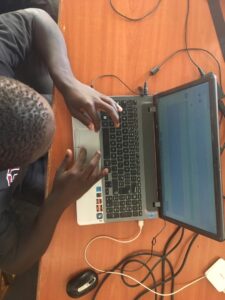
To make sure all the young people we work with were safe, they took part from our Emergency Quarantine Centre and were able to access and engage with the debate from there, instead of at our Drop-In Centre (which is currently closed due to COVID-19).
This topic had some recurring themes such as savings, government help and not going over budget.
Let’s have a look at some of the comments…
Some people thought the main lesson to learn is about the value of saving and being frugal:
- “Many people have not been saving for any emergencies and whatever income they got was spent, so the COVID-19 pandemic enabled them to learn lessons that any money got should be saved for any emergencies.” – Jacob, Uganda
- “I think that it has shown us the importance of having some money saved so that if you lose your job, get sick and are unable to work, or something like COVID-19 happens, you know that you can survive for some time at least without earning.”– Amy, UK
- “We learn to always have savings for an emergency so that when times like these come, we have a fallback point.” – Ann, Uganda
However, others disagreed that this is where the emphasis should lie:
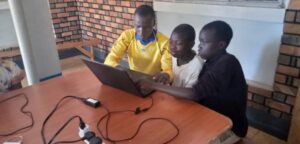
- “But what if you don’t earn enough to survive and cannot have savings? Or what if you live on the streets and have nowhere to save your money? – Remy, in response to Ann
- “Can you learn lessons when you are dead from hunger?” – Daphne, in response to Jacob
Other interesting comments involved government responsibility, and the importance of doing any jobs available:
- “The pandemic can help people respect any means of getting money. Many people before used to not do petty kinds of jobs but in the COVID-19 pandemic, many teachers in Uganda did other kinds of works such as selling of sugar cane on the roadsides hence being innovative and creative. This helped them to sustain a living and for that reason therefore many can continue with the same kinds of work even when schools open” – Alex, Uganda
- “Many people during the pandemic suffered a lot more so those who beg on streets faced hard times. This was because other people who could support them also ran out of money and could not survive. The lesson is that if governments came in to help them, they would not have suffered that way.” – Musa, Uganda
- “We have a lot of inequality in our communities and some people’s types of work are better valued and protected than others. It’s important that we value human lives more than money and that governments put in place policies that protect and support people.” – Nicola, UK
In conclusion…
In this month’s discussion, we have seen many fascinating answers on what people think we will learn about money from the pandemic. Thank you for everyone who joined in. The children find it so interesting to exchange ideas with people from around the world.
We hope to hear your ideas in our discussion next month. Thanks again for sharing your ideas and we look forward to seeing you soon!

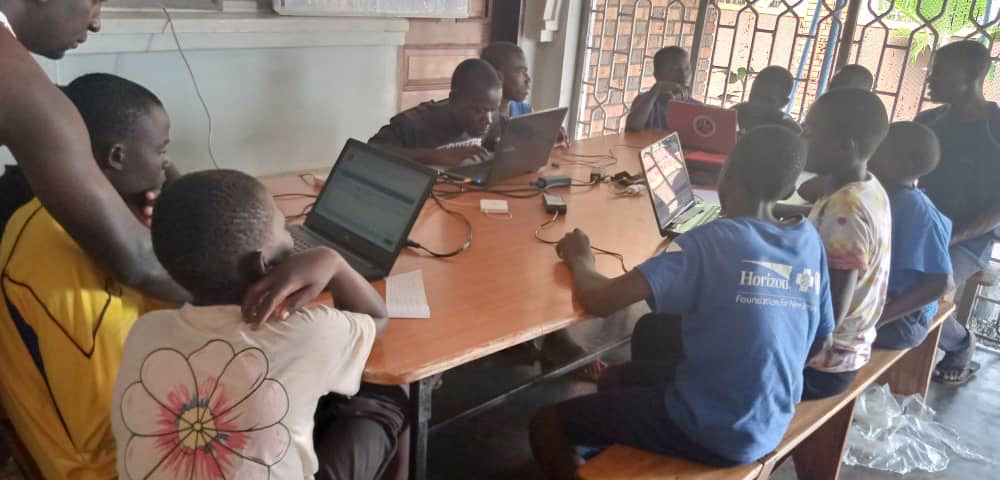
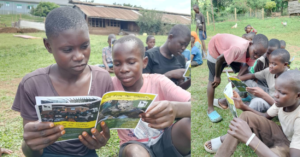
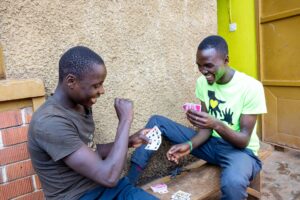
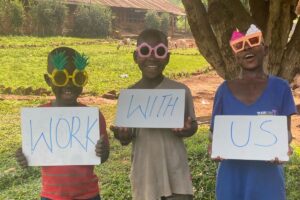
0 Comments